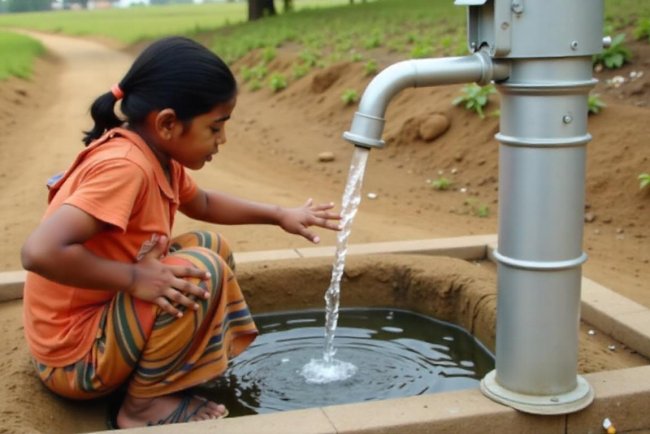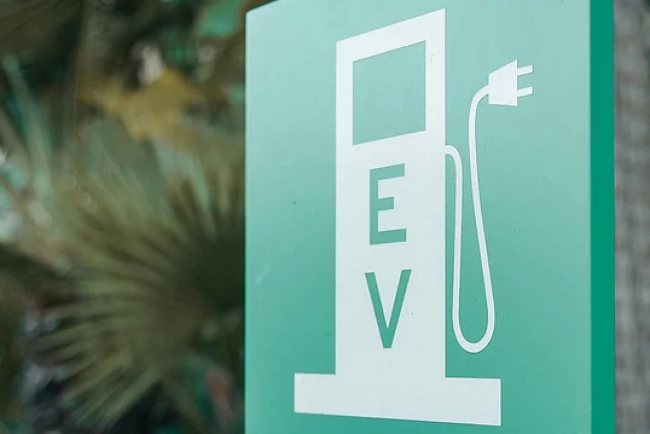NGT Questions UP's Stance on CPCB Water Contamination Report

UP Pollution Control Board in the Dock by National Green Tribunal for Exceeding Ganga River Water Quality during Mahakumbh
Uttar Pradesh Pollution Control Board (UPPCB) has been heavily criticized by the National Green Tribunal (NGT) for managing Ganga and Yamuna river water quality in Prayagraj during the ongoing Mahakumbh Mela. NGT three-judge bench comprising Chairperson Justice Prakash Shrivastava, Judicial Member Justice Sudhir Agarwal, and Expert Member A Senthil Vel were considering how the sewage discharges into rivers would be closed and how they posed the issue of the safety of crores of devotees' bathing water.
NGT's scathing remarks were after the report of the Central Pollution Control Board (CPCB) of heavy faecal coliform pollution in water at many places in Prayagraj. Faecal coliform is an indicator pointer of sewage pollution, and their presence in larger quantities point to the river water becoming polluted, leading to injuries to the bathers in rivers during the religious festival.
The CPCB report said the Ganga and Yamuna at various points of Prayagraj lacked proper primary water quality for bathing. The report asserted that the faecal coliform was more than the permissible, the permissible amount being 2,500 units per 100 millilitres. NGT bench asked a response of UPPCB regarding these findings and if it disbelieved the CPCB report.
The second advocate general, Garima Prashad, of the UPPCB told the bench that even the CPCB had not indicated where the samples were collected. The NGT bench rejected the argument, stating that it did not matter exactly where the samples had been collected. In its view, the question being asked was whether the river stretch overall was polluted, and not whether the samples were collected from particular points.
NGT also pointed out that the UPPCB had not referred to the level of faecal coliform in its report on action taken, which was filed on February 18. The report had provided the quality of water till January 12, and the bench viewed it as not being on target and outdated. The NGT made it very clear that the failure to include the issue of faecal coliform pollution in the report was a serious issue.
The UPPCB has been under immense pressure to take immediate action to correct the situation, especially at the current Mahakumbh Mela when crores of pilgrims converge on a ritual bath in the river. The huge figure came with a huge dose of faecal pollution as a present from the huge herd of humans bathing within the river fueling the enormity of the same.
Despite such problems happening, Garima Prashad assured the NGT that the state was taking corrective measures to address the pollution. She further stated that a new report would be put before the tribunal within seven days. But the bench placed special emphasis on the gravity of the situation and directed the authorities to take prompt and effective measures to discontinue the flow of sewage into the rivers.
The CPCB report itself had already indicated the seriousness of the risk due to the higher content of faecal coliform in the river water. It alerted the populace that the degree of contamination was above the safety threshold for bathing, with the enormous religious conclave within the river basin area occurring during Mahakumbh. Faecal coliform presence in river water is of extremely high risk to public health, especially considering the large number of devotees that are submerged in the river as part of their religious devotion. Follow-up on the ongoing court proceedings, the NGT is keenly observing the case to assess whether the UPPCB is following the correct course of action in ensuring protection of the public's health and well-being. The tribunal will be continuing with the hearing of the case over the next few days to go through the progress made in the case as regards taking action on the water quality problem.
What's Your Reaction?

















